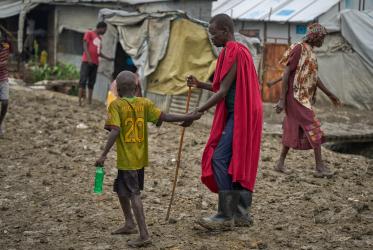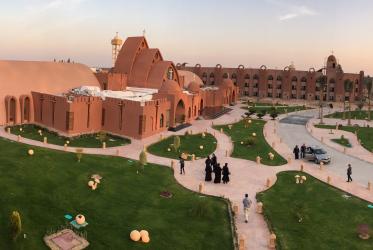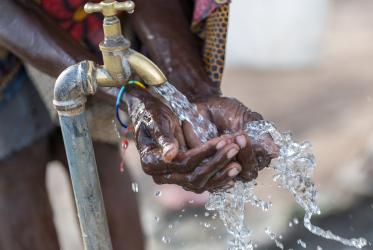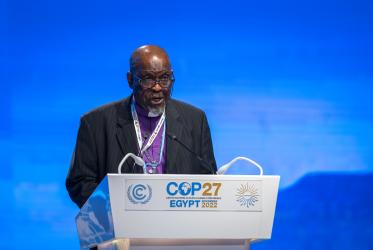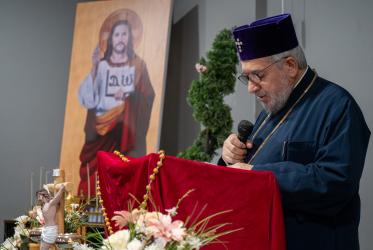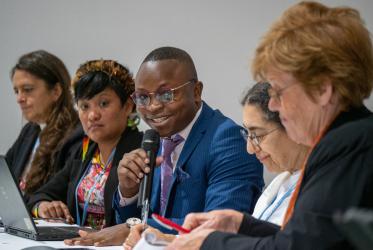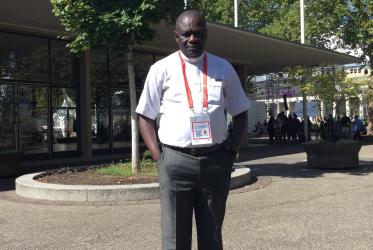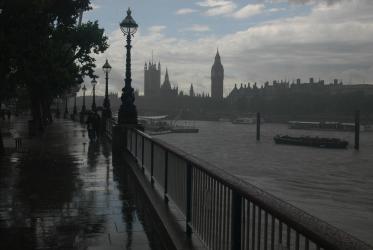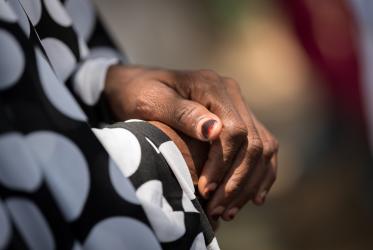Displaying 1 - 20 of 250
COP side event explores how to deliver on the promise of adaptation
16 November 2022
Promoting human dignity through art
06 September 2022
World mourns loss of Archbishop Desmond Tutu
30 December 2021
South Sudanese Churches shelter populations displaced by floods
23 September 2021


